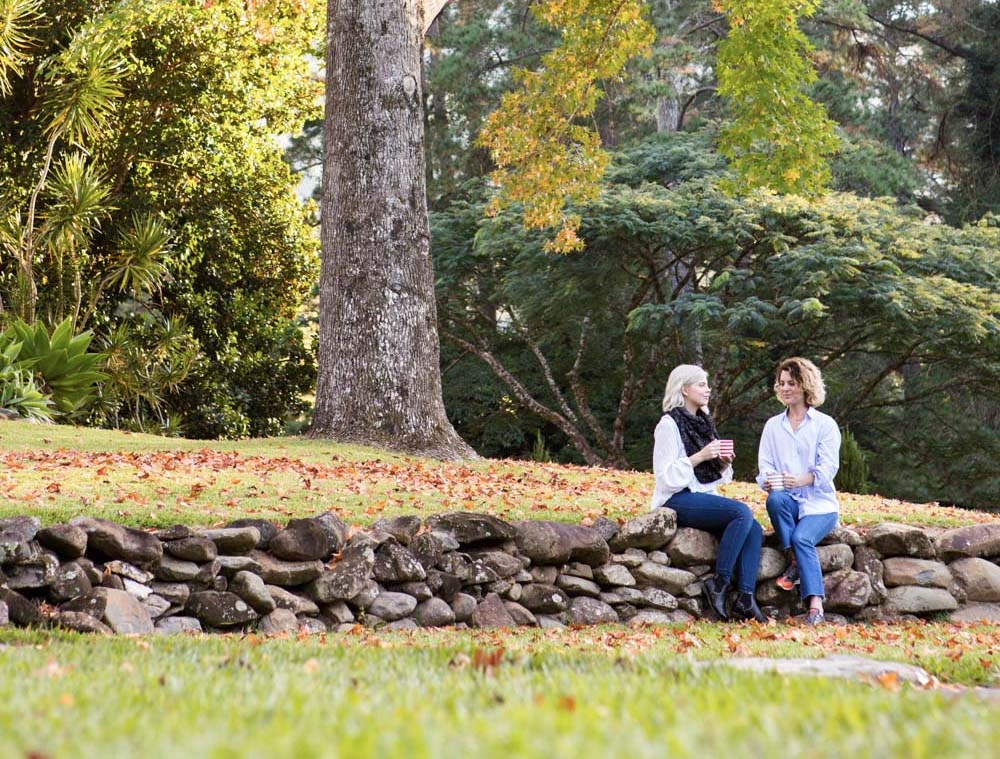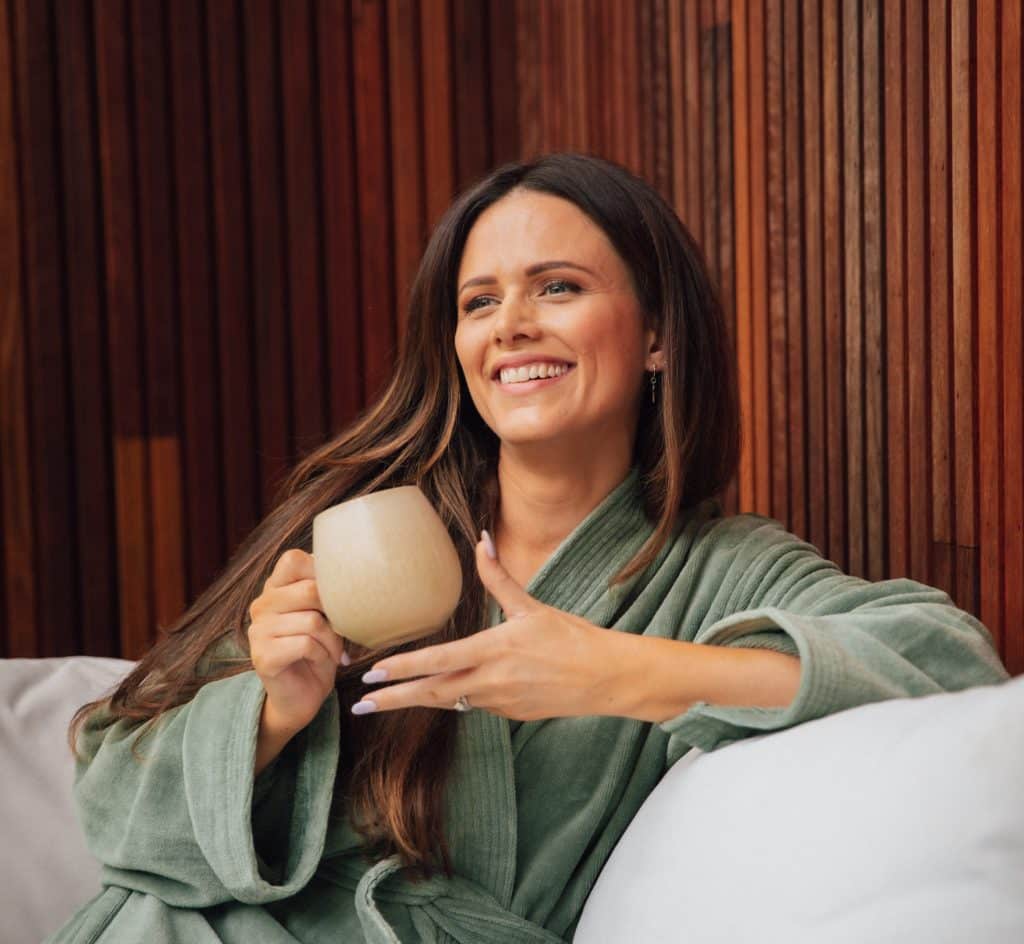Whether you enjoy a drink with friends on the weekend or look forward to a glass of wine with dinner every night, most of us have some form of a relationship with alcohol. As it is such an ingrained part of our culture – a custom for celebratory occasions, an expected social behaviour, a vice for when we hear bad news – giving it up, even for a short while, can be challenging.
As we’re past the halfway point of Dry July, we thought we’d share some tips with those of you who are participating in this campaign but feel as though you’re crawling your way to August! Of course, you can take a break from alcohol at any time – which can reap wonders for your mental and physical wellbeing.
But first, we encourage you to consider what your relationship with alcohol looks like; something few of us consciously take the time to reflect on.

Understanding your relationship with alcohol
A key aspect to managing your relationship with alcohol is becoming aware of alcohol’s effect on you as an individual, and your attitude towards it. Understanding this is the first step toward building better habits and making the relationship a healthy one.
Some questions you may ask yourself are:
- How many drinks do I have in a week?
- Has my consumption of alcohol ever affected my relationships?
- Do I have a high tolerance for alcohol?
- Do I ever consume more alcohol than I planned to?
- What triggers my desire for a drink?
Thinking about your answers to these questions will help guide you towards what you need in order to feel comfortable with taking a break from booze. So that you’re not just surviving these drought periods, but thriving in them!
Tips for taking a break from alcohol
1. Find alternatives
Tricking your body with an alcohol-free alternative to your favourite drink can be an extremely helpful way to overcome any cravings or withdrawals. We’re lucky to live in a time where we have an incredible variety of zero-alcohol beers, wines and spirits easily available, so you can get the taste and physical action of having a drink, without the side effects! This also allows you to avoid the spotlight in social situations if you would prefer people not to ask why you’re not drinking or try and pressure you to sway from your commitment to sobriety.
2. Change your go-to social situations
If you normally catch up with friends or family for dinner or afternoon drinks, propose going for breakfast instead! Meet a friend for coffee, catch up for a walk, or head to the weekend markets for some delicious local food. Planning occasions that don’t involve alcohol removes the temptation entirely!

3. Start a drinks diary
With the same principle of a food diary, a drinks diary holds you accountable for every alcoholic beverage you consume. Knowing that you need to jot down your drinks helps discourage you from slipping one in here and there. You can also take note of how you feel, what you’re struggling with and what you’re finding easier day by day.
4. Remind yourself what you’re gaining
Rather than focusing on what you’re missing out on, shift your mindset to focus on what you’re gaining from this experience. Taking a break from alcohol provides a huge range of potential benefits, such as:
- Better quality sleep
- Weight loss
- Clearer skin
- Better mood
- Saving money
Whenever the temptation arises, these benefits can help remind you why you’re making this change (even if it’s just a short abstinence) and reignite your motivation.
Taking a short break from can be immensely beneficial for your health and happiness. As an alcohol-free retreat, a stay at Eden may be just what you need If you find that you struggle without incorporating alcohol into your routine. We provide the guidance and support to help you reduce your reliance on alcohol and create healthy and balanced habits.
To enquire about a stay, click here.





